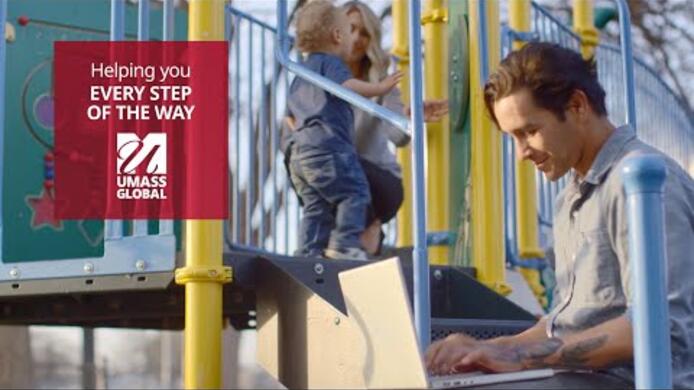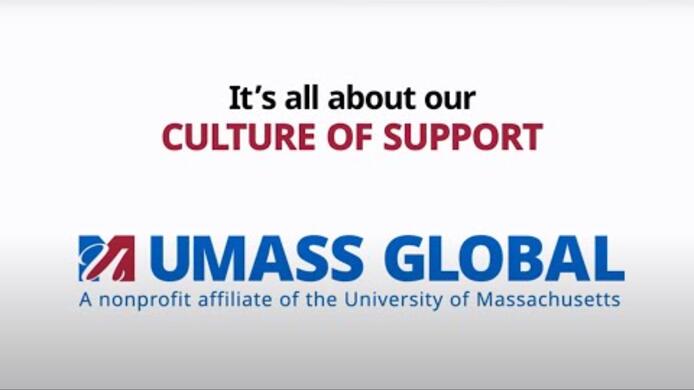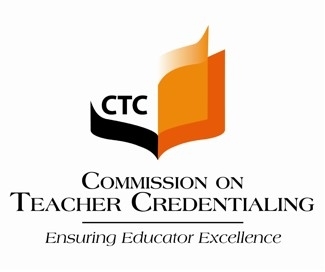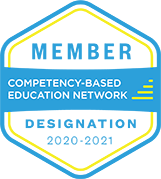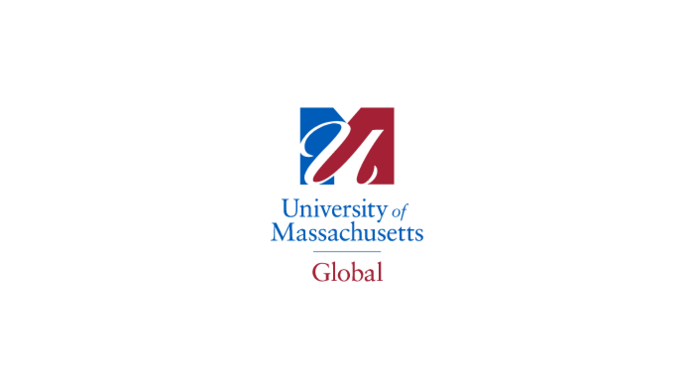Prepare to Become a Practicing Therapist
Earn your Master’s degree in Marriage and Family Therapy (MFT) while expanding your career opportunities with a dual emphasis in Professional Clinical Counseling (PCC). This flexible program allows students to complete six practicum courses over the course of a year, gaining rich clinical experience in diverse settings. By completing just three additional courses, students may become eligible in some states to register as an Associate Professional Clinical Counselor (APCC), broadening their scope of practice and enhancing licensure options. With one integrated degree, you’ll be equipped to serve individuals, couples, and families with a strong foundation in both MFT and PCC competencies. This is an ideal path for those seeking both depth and versatility in their clinical careers.
- Help with Clinical Placement: Students collaborate closely with our Clinical Support Team to explore and secure approved practicum placement sites.
- Choose Your Work Setting: A master’s focused on clinical mental health counseling positions you to work in a variety of settings: county and community mental health clinics, foster care agencies, child welfare systems, court mediation, school counseling, or private practice.
- Dual Licensure: This program provides the opportunity to pursue dual licensure (MFT and PCC). Check with the state you seek to practice in, as requirements can vary between states.


